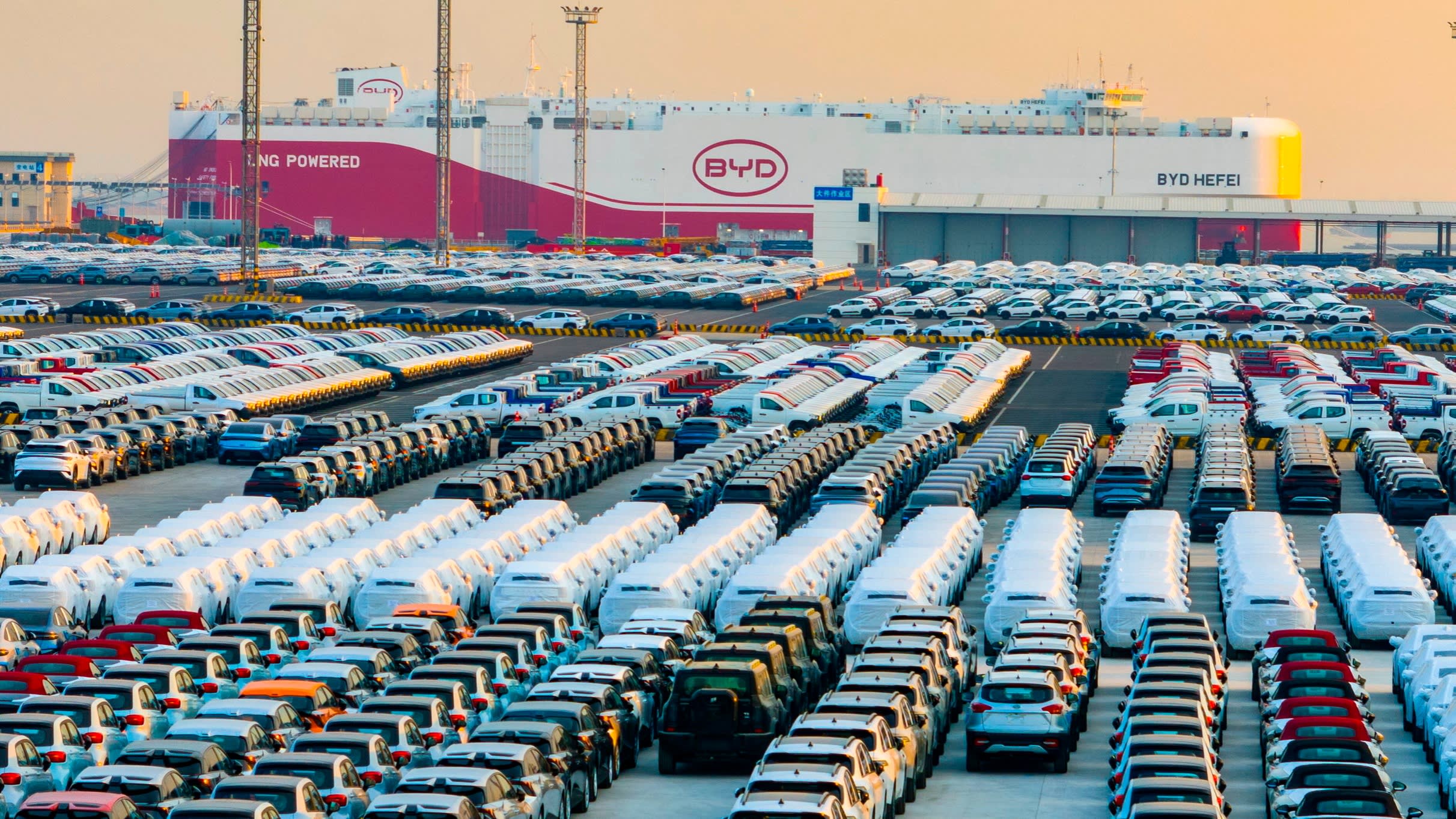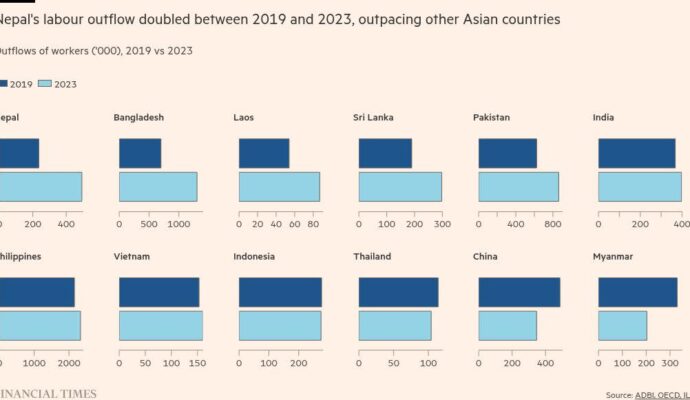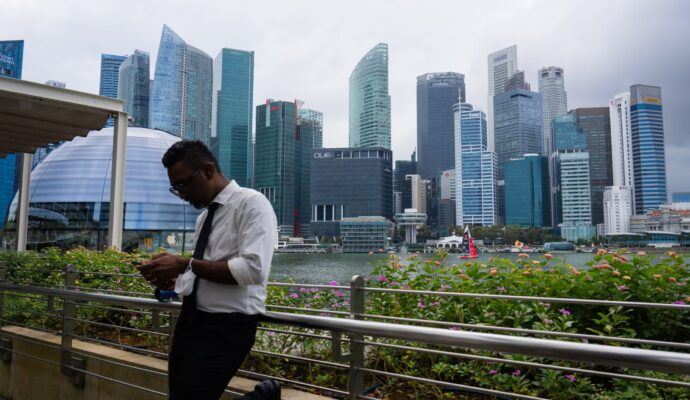
Unlock the White House Watch newsletter for free
Your guide to what Trump’s second term means for Washington, business and the world
Mexico is slapping a 50 per cent tariff on Chinese cars, in a blow to Beijing as its biggest auto buyer tries to preserve a free trade deal with the United States.
Washington has put heavy pressure on Mexican President Claudia Sheinbaum to stamp out Beijing’s growing influence in the country’s economy, which has recorded a years-long climb in Chinese imports and investment.
The measure is buried in a list of tariffs proposed in a draft bill to congress on roughly 1,400 products, from textiles to steel, that will apply to all countries with which Mexico does not have a trade deal. But Chinese cars were by far the biggest import affected by the tariffs, said Gabriela Siller, chief economist at Banco Base.
The 50 per cent levy — more than double the current 15-20 per cent — was the maximum allowed under World Trade Organization rules, experts said, showing how much of a priority US concerns were.
Mexico was the world’s biggest buyer of Chinese-made cars, according to data from Shanghai consultancy Automobility, ahead of the United Arab Emirates and Russia in the first half of this year.
The Latin American country, which is the US’s biggest trading partner, is one of the countries most vulnerable to Trump’s upheaval of the global economy — and under heavy pressure from the US president on areas from security to migration.
North America’s free trade deal, a 500-million-person trade bloc accounting for 30 per cent of global GDP, gives Mexico privileged access to the US. Almost 90 per cent of its exports to the US are currently going tariff-free, a competitive advantage Sheinbaum is determined to preserve.
The deal is up for review next year and one of the top US complaints has been China using Mexico as a “backdoor” for goods to circumvent high US tariffs.
The tariffs were “a huge jump” from current levels, and a signal that Mexican trade policy may no longer prioritise competitively-priced inputs for manufacturers, former deputy economy minister Juan Carlos Baker said on local radio on Wednesday.
China’s embassy in Mexico did not immediately respond to a request for comment.
While prioritising Washington, Sheinbaum has been careful to not completely alienate Beijing, which has support in parts of her left-wing coalition. She briefly met Chinese President Xi Jinping on the sidelines of the G20 in Rio last year, and, on Wednesday, she spun the tariffs as part of her broader “Plan Mexico” to reduce imports and produce more at home.
“What’s the objective? Strengthening national production,” she said.
Siller said the measures would raise some tax revenue and help please President Donald Trump, but could also push up prices.
“Obviously everything has a cost, and the cost of this will be higher costs and greater inflationary pressures,” she said.

